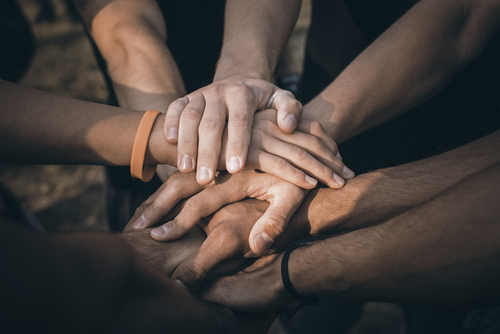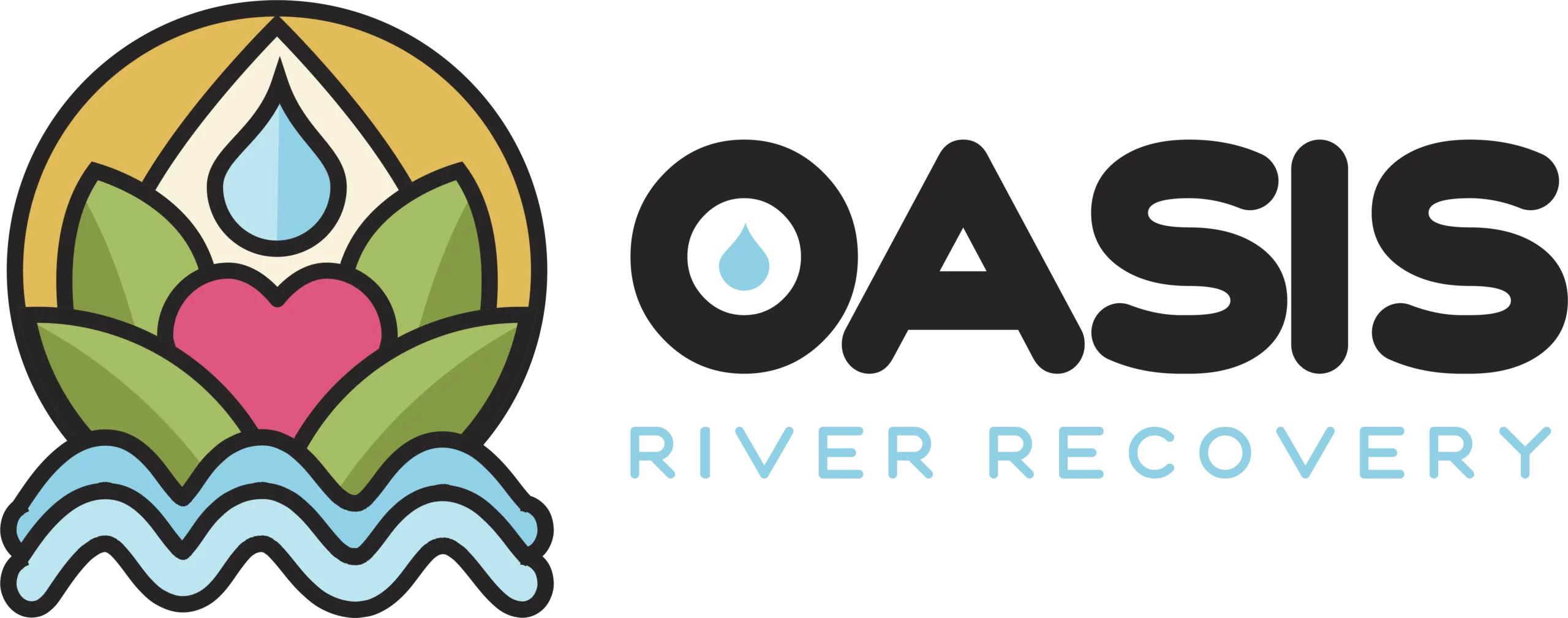Communication: The Key To Building Healthy Relationships
Good communication is important in any relationship, and it’s especially important during the recovery process. Being able to communicate effectively helps people understand each other better, set healthy boundaries, clear up misunderstandings, and express their emotions. Healthy communication is also useful for receiving feedback, which can help people improve and track personal growth.
At a drug rehab or addiction center, therapists and counselors teach people how to use different types of communication to help them recover. Group therapy sessions allow people to talk about their experiences, work through common issues, and give advice. One-on-one counseling sessions offer a private and confidential space to talk about their drug use or substance abuse and receive individualized support. Peer support groups bring people with similar experiences together to provide mutual support.

Trust: The Foundation Of Healthy Relationships
The Importance of Social Support in Addiction Recovery
Addiction treatment and early recovery stages can be tough, but having people around you who give you support and encouragement can make a big difference in staying sober. This kind of support system is called social support and it comes from family members, co-workers, friends, and others who are there for you during your recovery journey from substance use disorders. Other great places of social support include community support groups, such as alcoholics anonymous, and 12-step programs.

Support: The Key to Long-Term Sobriety
A Source of Encouragement and Motivation
A Sense Of Accountability

Addiction Recovery Facility At Oasis River Recovery
If you or a loved one needs help breaking substance addictions or dependencies, call Oasis River Recovery. We understand the importance of building healthy relationships during addiction recovery. Our facility offers a range of treatment programs, including individual counseling, group therapy sessions, peer support groups, and family therapy sessions. Our programs help individuals build healthy relationships, develop practical communication skills, and lead a life toward ultimate wellness.



